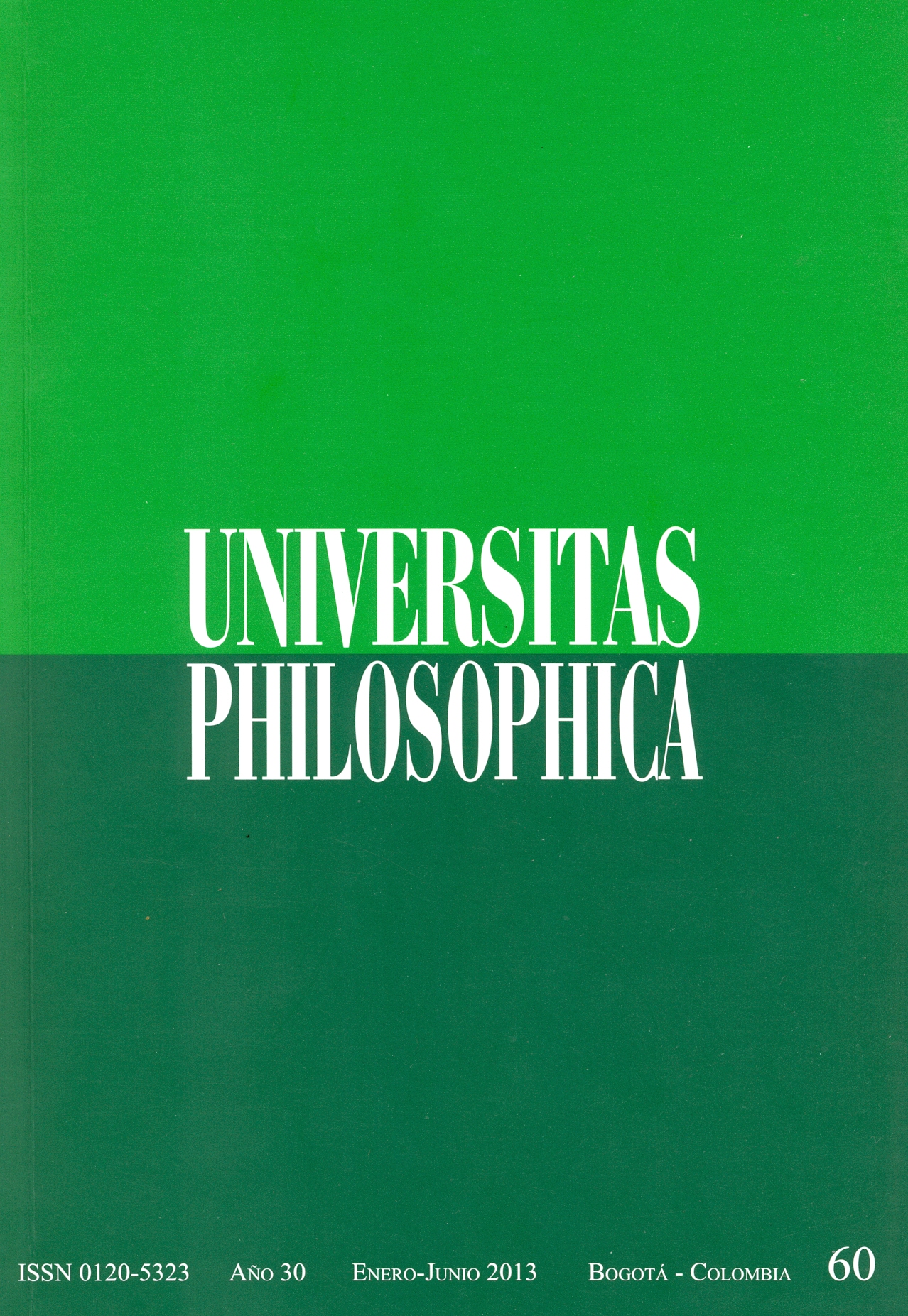Abstract
This work articulates two thesis: one Socratic and one Platonic; and displays how the first one is heir of the second. The Socratic one is called the principle of priority of definition; the Platonic one is the Recollection theory. The articulation between both theses is possible due to the Meno’s paradox, which makes a criticism on the first thesis, but it is solved with the second one. The consequence of this articulation is a new interpretation of the Recollection theory, as a theory of knowledge acquisition that depends, mainly, on a distinction between knowledge and true opinion. To conclude, a new interpretation of the knowledge/true opinion distinction is displayed –not in the traditional fashion, evaluating the propositions one by one, and in an atomic way–, but as big blocks or chains of propositions shaping knowledge through explanatory reasoning (aitías logismós).
This journal is registered under a Creative Commons Attribution 4.0 International Public License. Thus, this work may be reproduced, distributed, and publicly shared in digital format, as long as the names of the authors and Pontificia Universidad Javeriana are acknowledged. Others are allowed to quote, adapt, transform, auto-archive, republish, and create based on this material, for any purpose (even commercial ones), provided the authorship is duly acknowledged, a link to the original work is provided, and it is specified if changes have been made. Pontificia Universidad Javeriana does not hold the rights of published works and the authors are solely responsible for the contents of their works; they keep the moral, intellectual, privacy, and publicity rights.
Approving the intervention of the work (review, copy-editing, translation, layout) and the following outreach, are granted through an use license and not through an assignment of rights. This means the journal and Pontificia Universidad Javeriana cannot be held responsible for any ethical malpractice by the authors. As a consequence of the protection granted by the use license, the journal is not required to publish recantations or modify information already published, unless the errata stems from the editorial management process. Publishing contents in this journal does not generate royalties for contributors.


